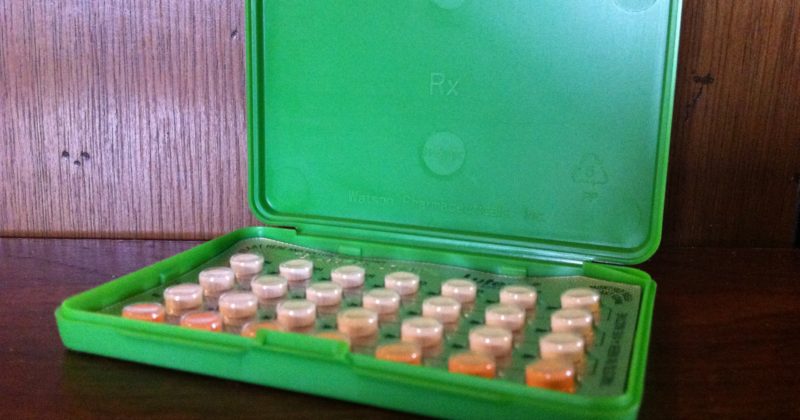
OMEGA FOUNDATION MEETING WITH HARUN KODIAGA – HEAD OF PROGRAMS
I had the opportunity to meet with Harun, the Head of Programs at the Omega Foundation (OF) at the Kisumu Office. The OF mission is, “to strengthen the capacity of communities to live meaningful lives through integrated health and innovative livelihood solutions” across 12 counties in Kenya: Kisumu, Siaya, Migori, Homa Bay, Busia, Bungoma, Nandi, Uasin-Gishu, Kakamega, Vihiga, and Bomet. OF undertakes various projects including Sexual and Reproductive Health Service Delivery and Advocacy projects funded by Planned Parenthood Global. The projects are being implemented in Kisumu, Siaya, and Homa Bay counties respectively with an objective to increase awareness of, access to, and use of quality family planning (FP) and Post Abortion Care (PAC) services. Twenty facilities in Kisumu are supported in delivery of the services and focus on strengthening the capacity of partners to provide facility-based FP and PAC services and advocate for expansion of Sexual and Reproductive Health (SRH) rights and services. To achieve their goals, the OF supports provision of...






